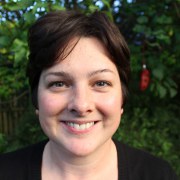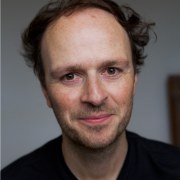Can a molecule be bad? Philosophising about science
Since Socrates, philosophical questions are known to elicit exciting dialogues engaging both young people and adults. Science provides a fertile ground to explore these philosophical topics. Questions such as, ‘Is tackling climate change more important than maintaining democracy?’ or ‘Can rabbits be scientists?’ are tools to help a wide audience reflect about science and socio-ethical dilemmas. Facilitating philosophical dialogues is more challenging than it seems: How do you scaffold participants’ thinking processes? How do you spot philosophical ideas? How do you help articulate ideas without inserting your answers? In short, how do you become a contemporary Socrates in the field of science communication?
In this interactive workshop, you will participate in philosophical dialogues about science and climate change. Tips and tricks from the field of ‘Philosophy with children’ will help to enrich science communication with philosophy.
This session is part of the Misinformation and trust in science conference track.
Facilitator
Senior Lecturer in Science Education
Session speakers
Assistant professor in the didactics of philosophy and history
University of Antwerp & Odisee University College
Jelle De Schrijver is a biologist and philosopher who currently lectures on the didactics of philosophy at Antwerp University. His earlier work as a science educator in museums and his expertise in facilitating philosophical dialogues will help him provide many real-life examples.
He is an experienced instructor of both aspiring and more experienced philosophical dialogue facilitators. His enthusiasm for dialogue will ensure the interactive nature of the workshop.
Senior Lecturer in Science Education
Lynda Dunlop is a Senior Lecturer in Science Education at the University of York. She has experience in designing and conducting non-formal interventions in philosophy and climate education and her role will be to support Jelle De Schrijver with creating stimulus material and modelling an approach to philosophical dialogue in climate conversations. She will share common risks with this sort of practice, and how to negotiate these with young people.


